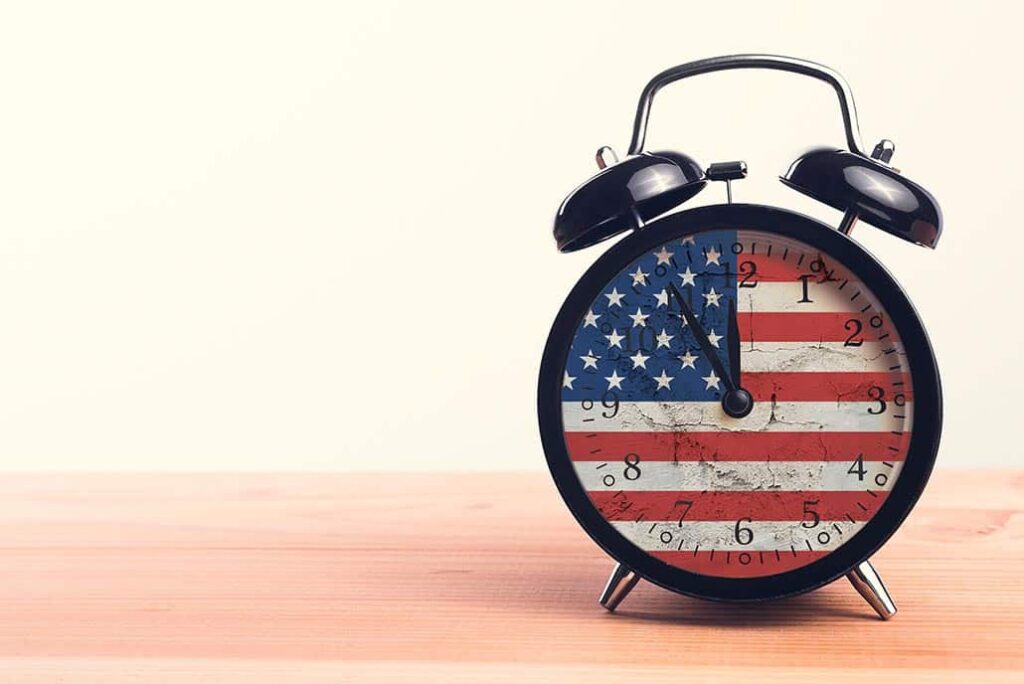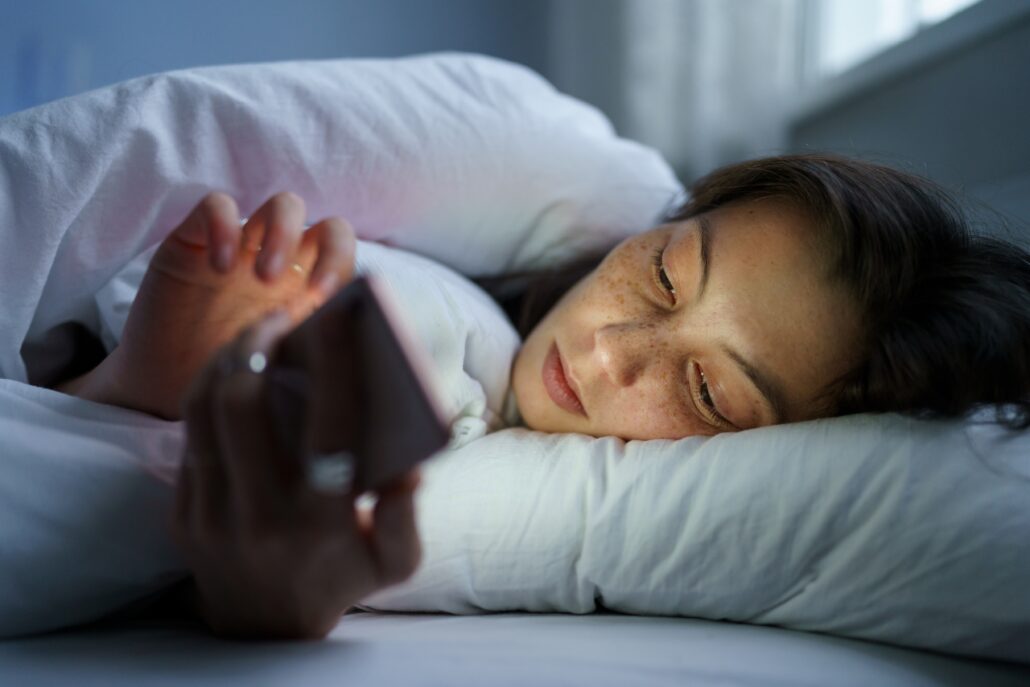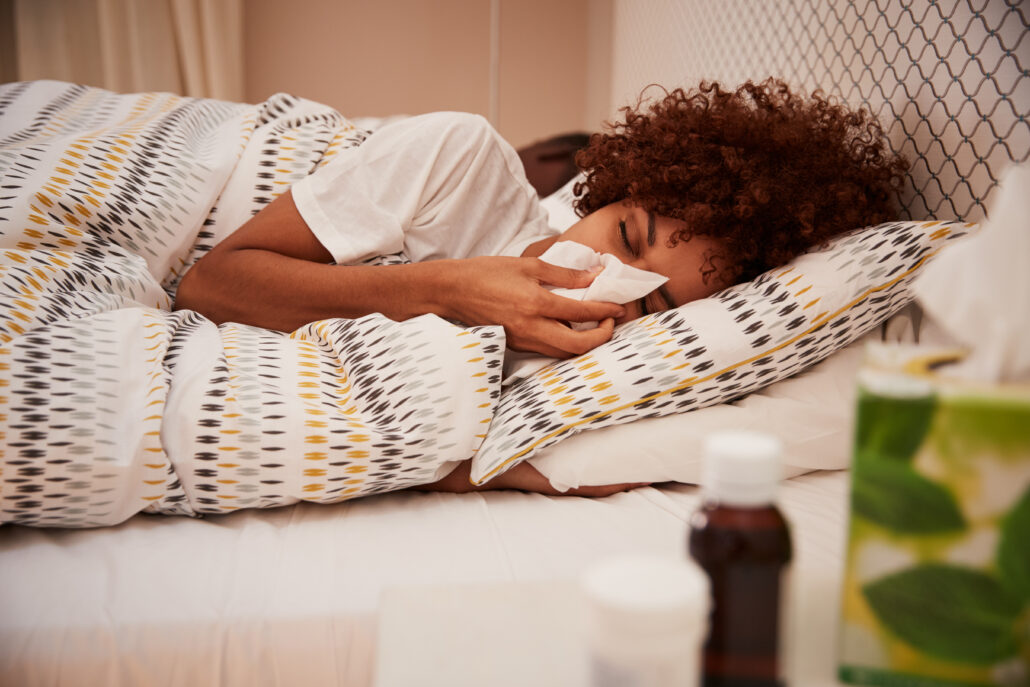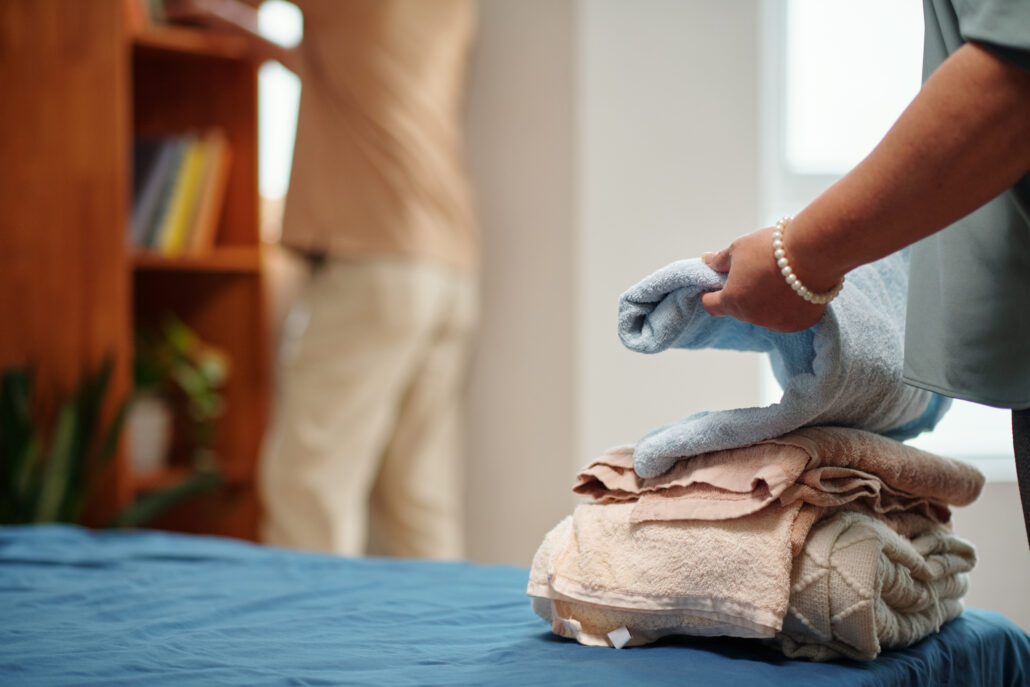
To borrow a famous opener from classic literature: It was the best of zzz’s. It was the worst of zzz’s. The first annual The State of America’s Sleep Study shows that sleep quality for American adults varies widely. Some of us are doing OK. Others, not so much. Things like your age, gender and marital status, along with your physical and financial health, can make a big difference.
Who Is Getting a Good Night’s Rest? Retired Guys
Based on a comprehensive set of responses from 2019 survey data, the general demographic most likely to report getting the best sleep is a 55+-year-old male who is married and in good health physically and financially. Not surprising for someone living a life with good balance.
Here’s how the profile of this super sleeper comes together:
- Generally, sleep quality seems to improve as you age. Of those who say they get excellent sleep, Boomers (36%) made up the largest percentage. Gen Xers (25%), Millennials (26%) and Gen Zers (5%) lagged far behind.
- The gender equality gap may be tightening in many aspects of life – unfortunately, not with sleep. Nearly 6 in 10 men report getting excellent sleep (58%), while the opposite is true for women. About the same percentage of females (57%) say they get poor sleep.
- Even if your partner snores or steals the covers, sleeping next to a loved one can be a good thing. Married sleepers are far more likely to report excellent sleep (46%) than singles who never married (28%) and those who are divorced or separated (13%).
- People who get regular exercise sleep the best. 57% of survey responders who exercise a minimum of 2 hours a week consider themselves excellent sleepers. Moderate activities, like brisk walks, water aerobics and power yoga, are great options for getting better sleep.
- Money matters. Whether it’s saving up to cover unexpected expenses, retirement or a dream vacation, having at least a few dollars in the bank leads to better sleep quality. (However, income isn’t as big of a factor as you might think. Poor sleepers make $65,160 a year on average, while excellent sleepers take home just 10% more.)
- It might appear obvious after seeing all the factors come together, but it’s easier to sleep soundly when you minimize stress related to work or money, maintain healthy interpersonal relationships and stay active.
Moms Are among the Most Sleep Deprived
If older men are the gold standard for sleep, you could say mothers are terrible, horrible, no good, very bad sleepers.
71% percent of all women with children under 18 years old living at home report restless nights. (It’s a double whammy for Millennial moms who, as previously discussed, are of a generation that sleeps poorly anyway.) Perhaps it’s getting up to take care of sick or scared kids, and worrying about their overscheduled lives, that keeps moms tossing and turning.
When the kids want a dog, cat or fish, things can get even worse for mom. Pet owners represent 70% of poor sleepers.
Better Sleep Doesn’t Have to Be Pure Fiction
While you can’t change how old you are, and while you aren’t always able to quickly find a more rewarding job or send the kids off to their grandparents’ house for the next decade, you don’t have to write off getting high-quality, restorative sleep.
If you’re like the thousands of others we surveyed who take too long to doze off, sleep less than the recommended 7-8 hours and wake up feeling tired, you can start by taking the right approach to sleep. Follow our top sleep tips and set up your bedroom for sleep. Plus, consider investing in a new mattress if yours is from the Shakespearean era.
And next time you’re craving a mid-afternoon latte, skip it and put that fiver in the bank. You might have miles to go before you can afford retirement, college or a new car, but not nearly as long before you’ll be sleeping better. (Our apologies, Mr. Frost.)
The latest research spins a tale about the best and worst sleepers in America. Check out The State of America’s Sleep study to find out who sleeps well and who struggles. #BSCSleepTips @BetterSleepOrgThis blog provides general information about sleep and sleep products. The words and other content provided in this blog, and in any linked materials, are not intended to replace a one-on-one relationship with a qualified heath care professional. This blog should not be construed as medical advice or used to diagnose, treat, prevent or cure any disease or condition. If the reader or any other person has a medical concern, he or she should consult with an appropriately-licensed physician or other health care professional. This blog is not a substitute for professional medical advice, diagnosis or treatment, and should not be relied upon to make decisions about your health or the health of others. Never disregard professional medical advice or delay in seeking it because of something you have read on this blog or elsewhere on bettersleep.org. If you think you may have a medical emergency, immediately call your doctor or dial 911.



